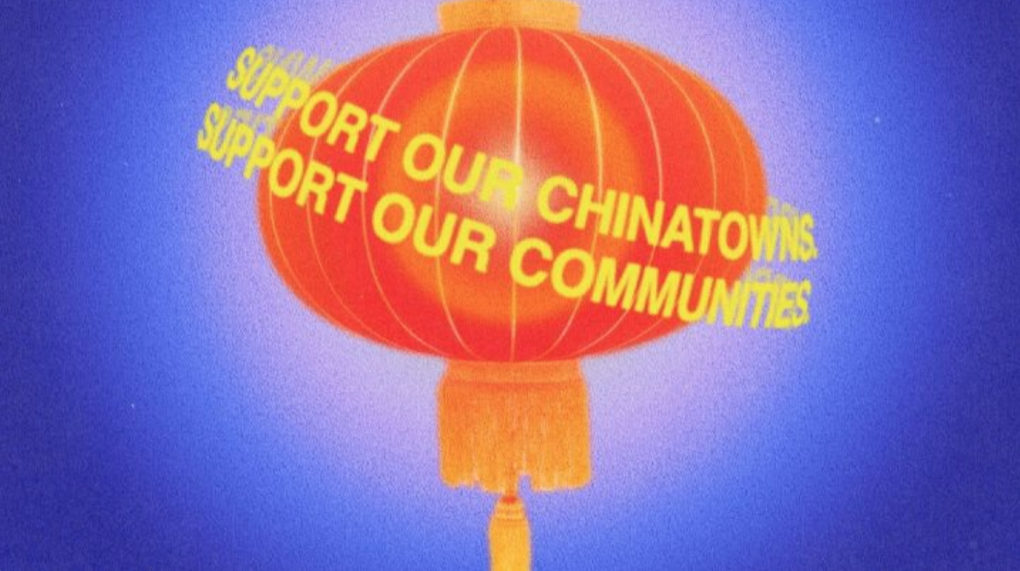Looking back at the early days of her career, Thao Nguyen remembers times she didn’t feel whole. Navigating a mostly white indie rock scene since the late 2000s caused her to downplay aspects of her Vietnamese-ness in the face of covert and overt racism. And she wasn’t out as queer to everyone in her life, which made it impossible to share her full self with some of the people close to her.
After years of searching and processing, she’s arrived in a secure place where she lives proudly in her truth.
“With all this time off, I’ve had a lot of opportunity to think about what it was like to come up at the time that I did,” says the San Francisco musician, who leads indie rock outfit Thao and the Get Down Stay Down. “Even though 2007, 2008 doesn’t sound that far away, it was drastically different. The tolerance for racism was a lot higher. And there was a lot less that you could do about it—or that I could do about it—that I feel like I can do now.”
Her imperfect self-discovery process became the topic of 2020’s Temple, her most personal and poignant album with the Get Down Stay Down, named one of KQED’s top albums of that year. The project’s driving, post-rock title track captures the feeling of coming home to oneself after denying a long-held pain. Nguyen wrote the song from the perspective of her parents fleeing the Vietnam war as refugees, contextualizing her own life journey in their stories; instead of blaming her parents for their shortcomings, she creates a visceral depiction of earth-shattering loss and survival that set the stage for her upbringing in Virginia. On the songs that follow, Nguyen sounds palpably fed up with diminishing herself to fit other people’s expectations. The instrumentation is at times raw and jagged, as if evolving in real time, and her lyrics express a yearning to be seen and appreciated.

“Temple was as much about being Vietnamese as much as it was being proudly queer,” says Nguyen. “And that aspect, especially now given the incredibly harrowing and disturbing rise in violence towards Asian people due to all that rhetoric and racist fear mongering—I think the next album will have a lot more to do with my Asian American identity.”





